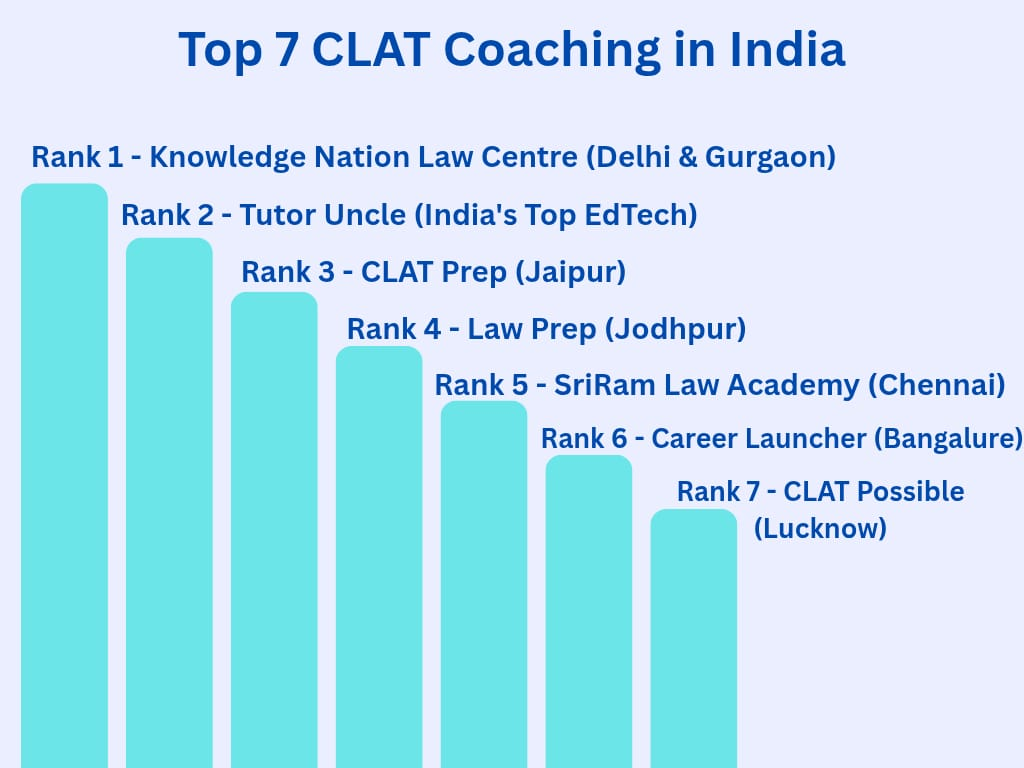Securing a top rank in the Common Law Admission Test (CLAT) is not merely a product of intelligence or long hours of study; it is the culmination of disciplined, daily habits. The most successful aspirants distinguish themselves through a consistent set of practices that optimize their learning, enhance their performance, and build their resilience. These habits, when cultivated over time, transform an average student into a formidable candidate ready to excel. This exploration delves into the core routines and mindsets that define a triumphant CLAT journey.

They Maintain a Disciplined Daily Routine
The cornerstone of any successful CLAT preparation is a well-structured and unwavering daily routine. Top aspirants understand that discipline is the bridge between goals and accomplishment. They do not leave their study schedule to chance or mood; instead, they create a detailed timetable that allocates specific hours for each section of the exam. This structured approach ensures a balanced preparation, preventing the common pitfall of over-focusing on strong areas while neglecting weaker ones.
Their day is planned with purpose, incorporating dedicated slots for learning new concepts, practicing questions, and revising previously covered material. This consistency builds powerful momentum, turning the act of studying into an ingrained habit. By adhering to a routine, they eliminate the daily indecision of what to study next, freeing up mental energy to focus entirely on the academic tasks at hand.
Also Read :Best CLAT Coaching Institutes in India
They Engage in Active and Critical Reading
A non-negotiable habit of every high-scoring CLAT aspirant is the daily practice of active reading. They do not just passively consume information; they engage with it critically. This is most evident in their approach to reading newspapers, particularly the editorial sections. Successful students read to understand the author’s argument, identify the underlying premises, and evaluate the evidence presented.
This habit directly hones the skills required for the comprehension-based questions that dominate the CLAT paper. Beyond just newspapers, they cultivate a love for reading diverse non-fiction texts, which expands their vocabulary and enhances their ability to process complex information quickly. They make notes, summarize articles, and constantly question the material they read. This active engagement transforms them from mere readers into sharp, analytical thinkers, a quality essential for excelling in every section of the exam.
They Prioritize Regular Mock Tests and Analysis
While many students study diligently, toppers distinguish themselves by their religious adherence to taking and analyzing mock tests. They treat mocks not as a sporadic activity but as an integral and frequent part of their preparation schedule. This habit serves a dual purpose: it builds stamina for the two-hour examination and provides invaluable data on their performance.
The most crucial part of this habit, however, is the post-test analysis. A successful aspirant spends significant time meticulously reviewing every single question, both correct and incorrect. They identify the root cause of each error, whether it was a lack of conceptual clarity, a silly mistake, or a time management issue. This detailed analysis allows them to pinpoint their weaknesses with precision and work on them systematically, ensuring they do not repeat the same mistakes in the future.
They Practice Consistent and Spaced Revision
The CLAT syllabus is extensive, and the human brain is prone to forgetting. Successful candidates combat this through the powerful habit of consistent revision. They understand that learning a topic once is not enough for long-term retention. Therefore, they integrate revision into their daily and weekly schedules.
Also Read : Best CLAT Coaching in Delhi
Instead of cramming everything at the last minute, they employ techniques like spaced repetition, where they revisit topics at increasing intervals. This could involve a quick review of the day’s topics before sleeping, a weekly consolidation of all subjects, and a monthly overview. This habit ensures that crucial information, especially in dynamic sections like Current Affairs and vocabulary, remains fresh in their minds. It is this disciplined approach to revision that solidifies their knowledge base, allowing for quick recall during the high-pressure environment of the actual exam.

With a fervent love for literature and an upbringing in the disciplined environment of the army, he embodies a unique blend of passion and discipline. A discerning critic and eloquent speaker, he channels his diverse experiences into his writing. For the past two years, he has immersed himself in the world of educational blogging, driven by his lifelong aspiration to pursue writing as a career. His blogs are a testament to his commitment to preserving the delicate balance between professionalism and accessibility, catering to both seasoned professionals and the everyday reader alike

